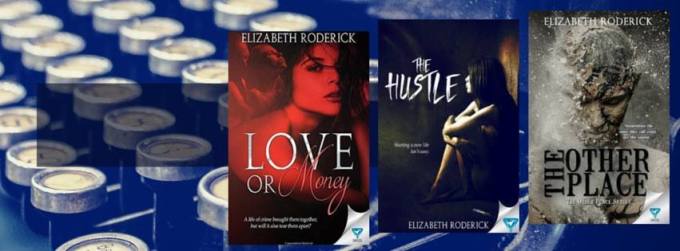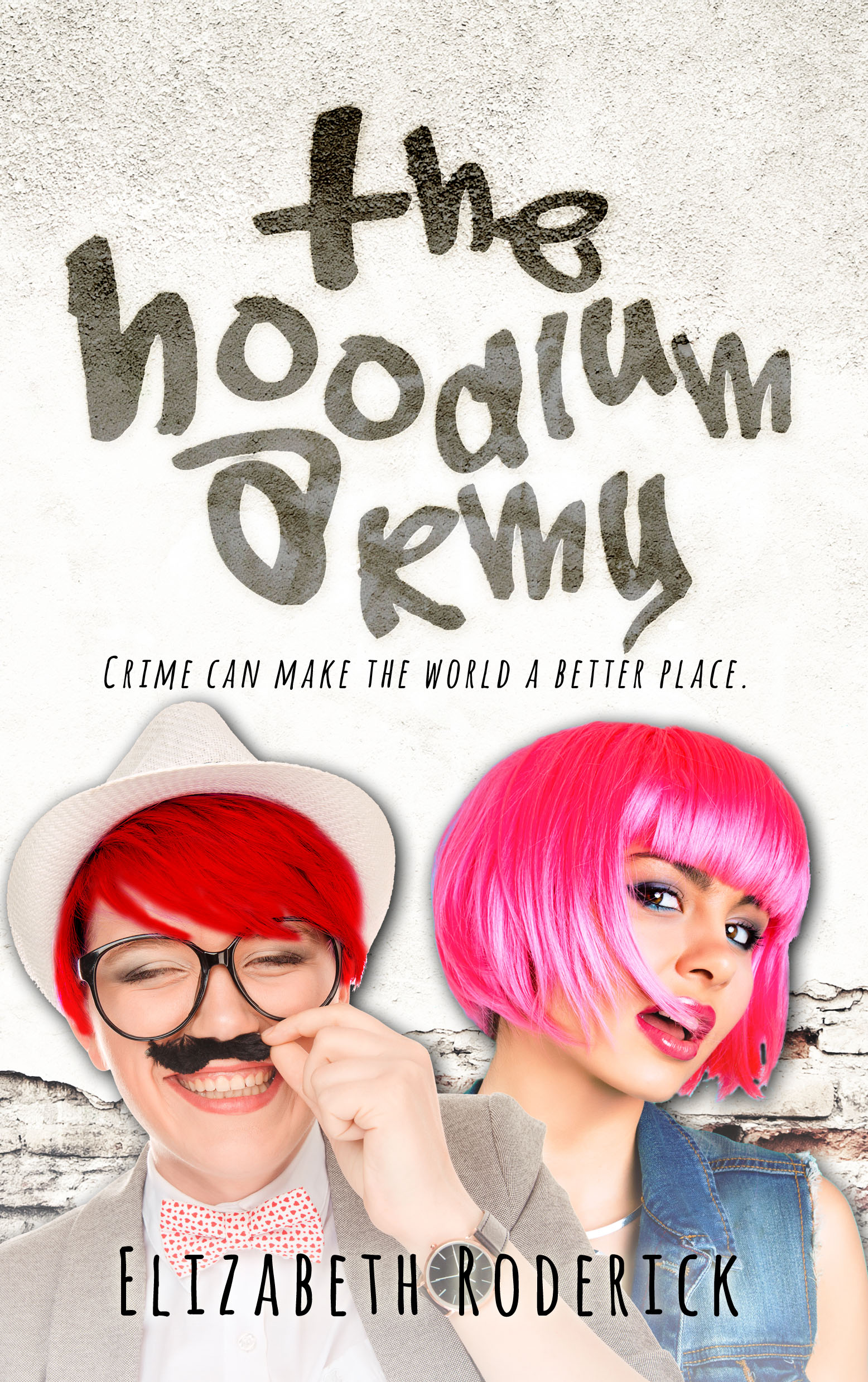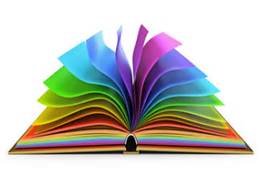I thought I’d share some of my “wisdom”, such as it is, about writing. I’m really tired of hearing bad, blanket statements about how writers should write, and what their processes should be. So, I’m fighting back. As someone with six published novels, and who is almost finished with her 18th draft, I do have enough experience to have an opinion.
So.
Every writer has to develop their own voice and style. The only way to do this is through practice. You can’t just read a book, memorize all the rules, and then magically know how to write. In fact, sometimes memorizing the rules can stifle your voice and creativity, as you might be too worried about arbitrarily applying those rules even when it doesn’t improve your craft.
Plus, if you read more than one book on writing, you’ll find a lot of conflicting advice.
Every writer has their own process. Many books will tell you to write every day. Others will tell you there’s no way to write your way through writer’s block—“if it’s not there, it’s not there. Don’t force it.” Many books tell you must work with an outline. Some say no draft should take more than a few short weeks to finish. Still others tell you if you finish a draft to quickly, it must be trash.
Some writers advise you to cut out a huge chunk of your first draft—automatically assuming every writer “overwrites” by putting in too much description, unnecessary scenes, or infodumping. However, I (and a lot of other writers) end up adding up to tens of thousands of words when we edit our first draft. It all depends on how you draft.
No one’s process is the same, and everyone’s process is valid. Whatever works for you is the right process for you, whether that be a regimented writing schedule and outlining, or freeform pantsing. It can take time to figure that out, so be gentle with yourself.
Just like any other art form is developed through practice, you learn how to write simply by doing it. Once you’ve got some stories under your belt, you’ll find yourself picking apart others’ stories to see how they achieved a particular effect, or how they failed to. This is the time when you can start learning some writing “theory”. Just like it’s pointless to learn music theory until you have some competence with an instrument, it doesn’t do much to learn the writing “rules” until you have some context for what they mean.
Though there are no true writing rules, there are several suggestions that I find, when applied correctly and without undue rigidity, can help clean up a draft. I’ll discuss them a little below.
Show Don’t Tell
This is the number one writing rule that you hear everywhere, but people often argue about what it truly means. Sometimes it’s easy to spot an opportunity to show instead of telling. For instance, instead of saying “I was extremely nervous”, say, “My hands shook”. It makes people feel closer to the narrative, as if we’re actually experiencing things instead of being told what’s happening. Make us feel what you’re feeling, see what you’re seeing. Make the scenes visceral.
Other times, showing is more subtle, and more complex. For instance, instead of saying, “Bruno hated his job,” you can say things like, “The alarm punched through Bruno’s dreams and caught him a blow right in the jaw. He opened his dry eyes to gaze at the popcorn ceiling, where some cobwebs swayed gently, catching the golden morning sunlight.
Monday. A violent loathing stirred in the pit of his stomach. At the beginning of every workweek he dreamed of getting in his car and driving, not to the office, but in the opposite direction, over the horizon, to parts unknown. He longed to be lost in the adventures of life instead of trapped in a dreary box completing pointless tasks.”
This sort of show-don’t-tell is called “unpacking” by Chuck Palahniuk, and it can be very effective, even though it takes more time.
Other times, it’s sufficient and much better for your pacing to just say “Bruno hated his job.” It all depends on context, voice, and style.
Sensory Words
Another trick to make people feel more a part of your story is to take out sensory words like “saw”, “felt”, “heard” etc. Instead of saying you saw something, just tell us what you saw. This is the difference between “I saw the banana trees swaying” and “The banana trees bent and swayed in the gale”; the difference between “I smelled the meat cooking” and “the rich scent of roasting meat reached my nose”.
Put us there in the scene and make us feel like we’re experiencing it for ourselves.
Adverbs
I don’t believe (as some editors will insist) that you need to take out all adverbs. They should add something to the narrative, though—make it more colorful and engrossing—if they’re going to stay in.
A lot of adverbs are redundant. The classic example is from Twilight: “Watch out!” she yelled loudly. That sentence doesn’t need “loudly” in order to get its point across, because yelling is, by definition, loud. In fact, you don’t even need “yelled”, because we understand from context that the sentence would be yelled (people generally don’t mutter “watch out” in a dangerous situation). Thus, you truly don’t need the exclamation point, either.
A lot of other adverbs can be eliminated by using a different verb. For instance, instead of saying “I quickly picked up my gloves” you can say “I grabbed my gloves”. Instead of saying “I pulled hard on the rope” you can say “I yanked on the rope”.
However, sometimes adverbs are necessary to get your point across. She winked saucily as she sauntered by. “Saucily” in this sentence is one I could go either way on, because she’s sauntering, so we might be able to glean from context that her wink would be saucy. But, if you change it to She winked saucily as she tiptoed by, we might not have the context to know that wink would be saucy if you don’t use the adverb: you need it so that the reader gets the correct impression.
Description
Some authors will tell you to cut out description. Some will tell you to put more in. This completely depends on voice, style, and genre. As you get more practiced at writing, you will learn the right amount of description to put in a scene to make readers feel present in it, without destroying the pacing. It’s a balancing act.
One thing you almost never need to do is describe every object in a room, or the entire layout of the house. It’s also best to show the scenery through the characters’ interaction with it. For instance, instead of saying, “There was a rose garden outside the manor. The main walkway was lined with pink and yellow roses. At the end of it was a gazebo overlooking a pond with many swans. If you headed left from there, you’d reach a grove of cypress, and then the stables.” Instead say, “Helena sniffed the delicate perfume of a fully-blown rose as she strolled down the grassy path, and plucked a silky yellow petal to crush between her fingers. ‘Should we go to the gazebo?’ she suggested. ‘I always love to see the swans gliding in the pool.’”
Kill Your Darlings
This can be the most dangerous “rule” of all. I’ve seen it wielded as an excuse to cut out any particularly clever or beautiful bit of phrasing; to quash any hint of voice or originality.
Just because you are proud of a certain sentence doesn’t mean you have to cut it out. What’s the point of writing if we don’t get to keep the clever or creative bits in? The original intent of “kill your darlings” was to point out that you shouldn’t keep something in just because it’s a clever or beautiful bit of writing. If there’s a phrase or scene that doesn’t serve the story—it doesn’t advance the plot or develop character, but only slows down pacing—you shouldn’t be afraid to cut it out, even if it’s good writing. What I do with these scenes is copy/paste them in a document of outtakes. Sometimes I can make use of them later. Other times not. There will always be more beautiful scenes to write, so I don’t have to mourn a few dead darlings.
Please don’t ever feel that you’re not allowed to have beautiful or clever things in your writing, however. A particularly good description, a bit of witty banter, or a paragraph of thoughtful exposition can add a lot of color to your story. In the end, it’s YOUR work, and you get to decide what your vision is for it. Not everyone likes the barebones style, where everything is pared down to the most basic elements with no flourishes or embellishments. There is a style of writing, very popular in the U.S. in the 1950s, where everything is said with as few words as possible. This doesn’t have to be your style. You get to choose.


 (revisiting this post from 2015)
(revisiting this post from 2015)

